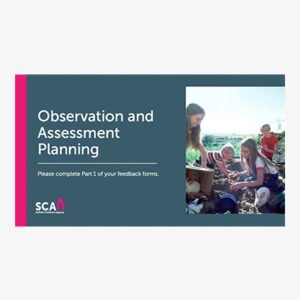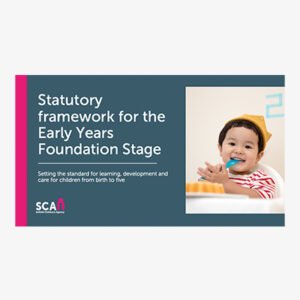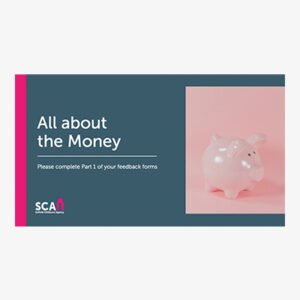Showing 25–28 of 28 results
-

£10.00Observation and assessment planning is crucial for understanding and supporting children’s development. It helps identify individual learning needs and progress. Practitioners observe children’s behaviour, interactions, and skills in various activities. These observations guide future planning, ensuring activities match children’s interests and developmental stages. Regular assessments allow early years practitioners to track progress and make adjustments to their teaching. Effective observation and assessment promote a tailored learning environment, enhancing children’s outcomes. Planning based on observations ensures that children receive the right support. It also strengthens partnerships with parents, sharing insights into their child’s development and learning journey.
-

£10.00The Statutory Framework for the EYFS sets the standards for early years education in England. It provides guidelines for child development, learning, and safety. The framework ensures that children from birth to five receive high-quality care and education. It outlines key areas, including communication, physical development, and personal, social, and emotional growth. Providers must meet the requirements to ensure children’s safety and promote their learning. The framework helps practitioners create a stimulating environment that supports children’s development. It also supports partnerships with parents and carers. Adhering to the EYFS framework ensures a consistent, high-quality approach to early education.
-

£10.00All About the Money covers every aspect of the financial side of running a childcare service. This presentation helps childminders get organised and understand key financial processes. It includes budgeting for resources, managing income and expenses, and setting appropriate fees. Childminders will learn about funding aid options available for parents, ensuring they can offer affordable care. The presentation also covers compliance with tax regulations and planning for future financial needs. Effective money management supports high-quality care, ensuring childminders can reinvest in professional development and provide a sustainable service for families. Financial knowledge is essential for success in childminding.
-

£10.00Characteristics of Effective Teaching and Learning focus on engagement, motivation, and challenge. Effective teaching encourages curiosity and active participation. It provides opportunities for children to explore and experiment. Teachers build strong relationships with children, fostering trust and confidence. They use a variety of teaching methods to suit individual learning styles. Effective learning happens when children are interested, engaged, and challenged at the right level. Teachers observe and assess children’s progress, adapting teaching to meet their needs. The environment should be stimulating, supporting independence and creativity. These characteristics ensure children are prepared for future learning and development in a meaningful way.
End of content
End of content





